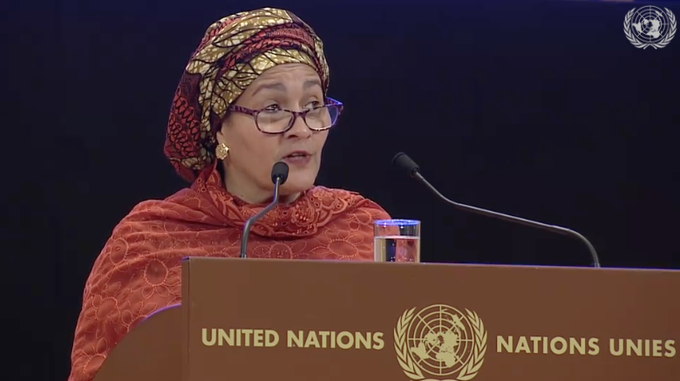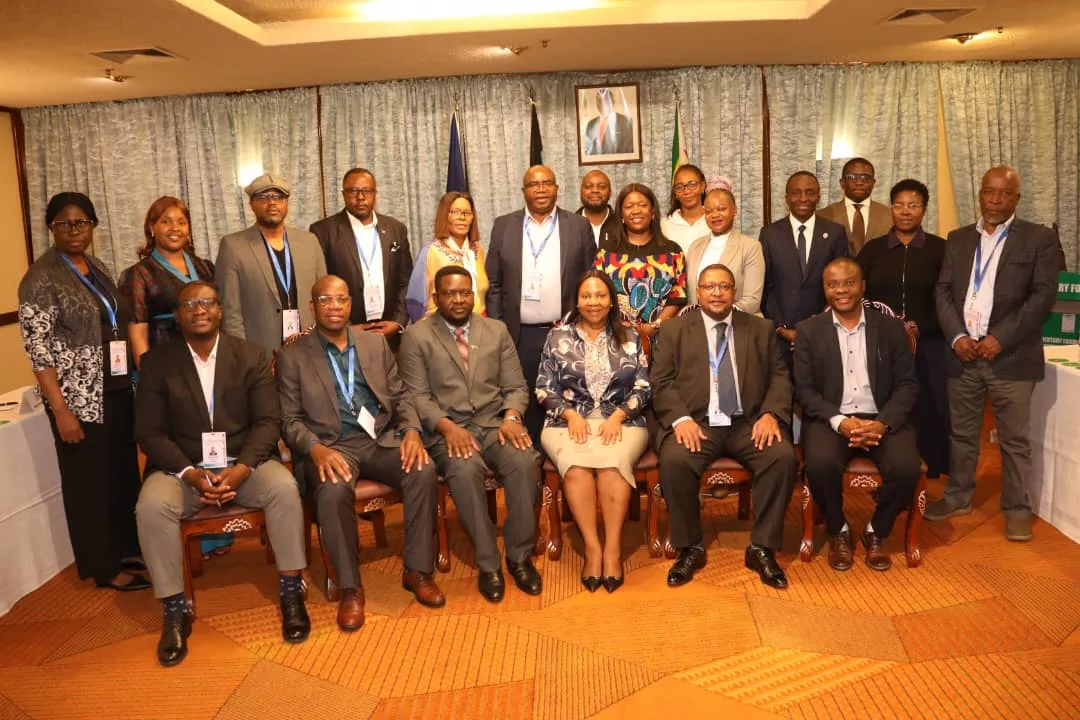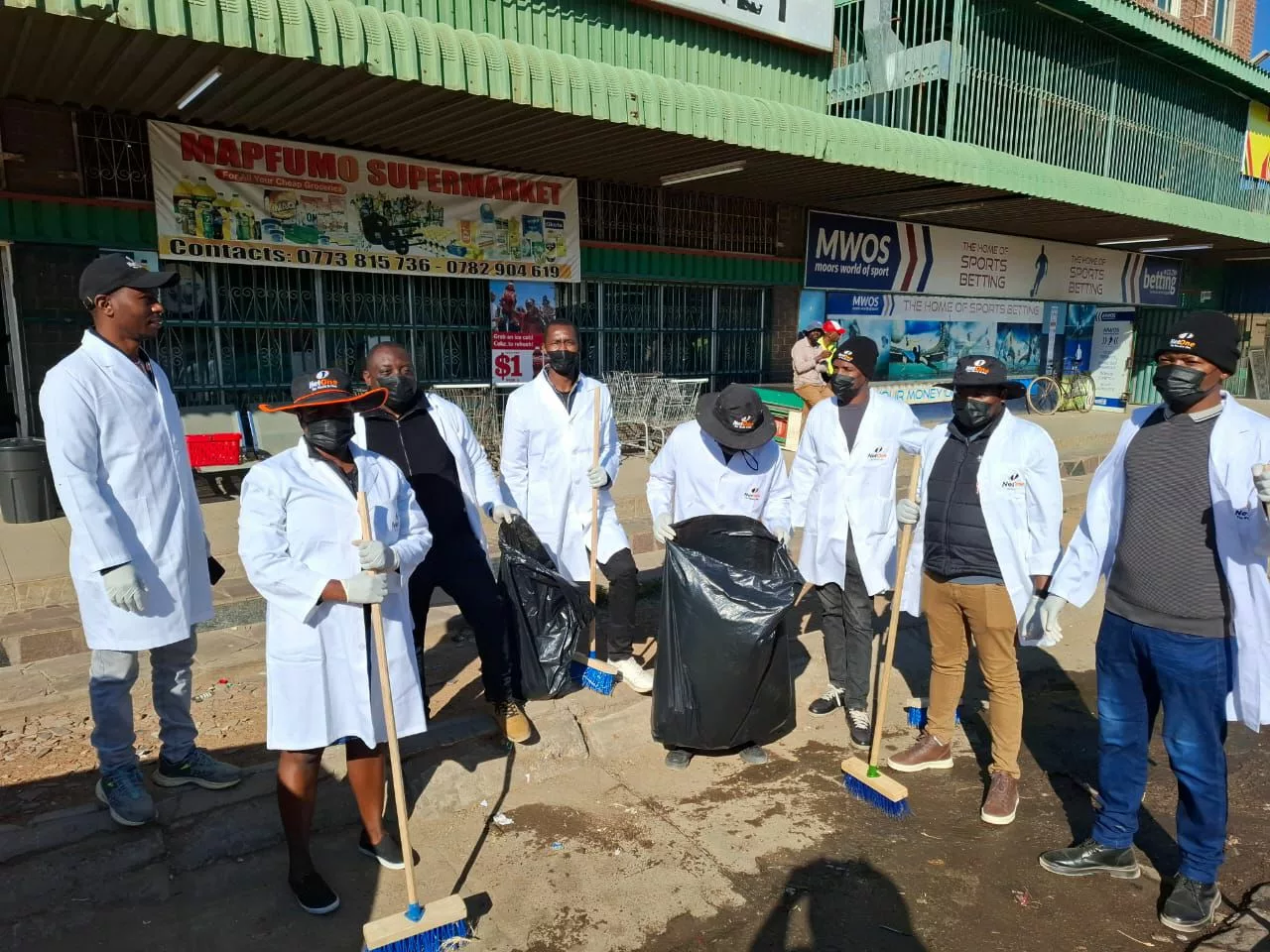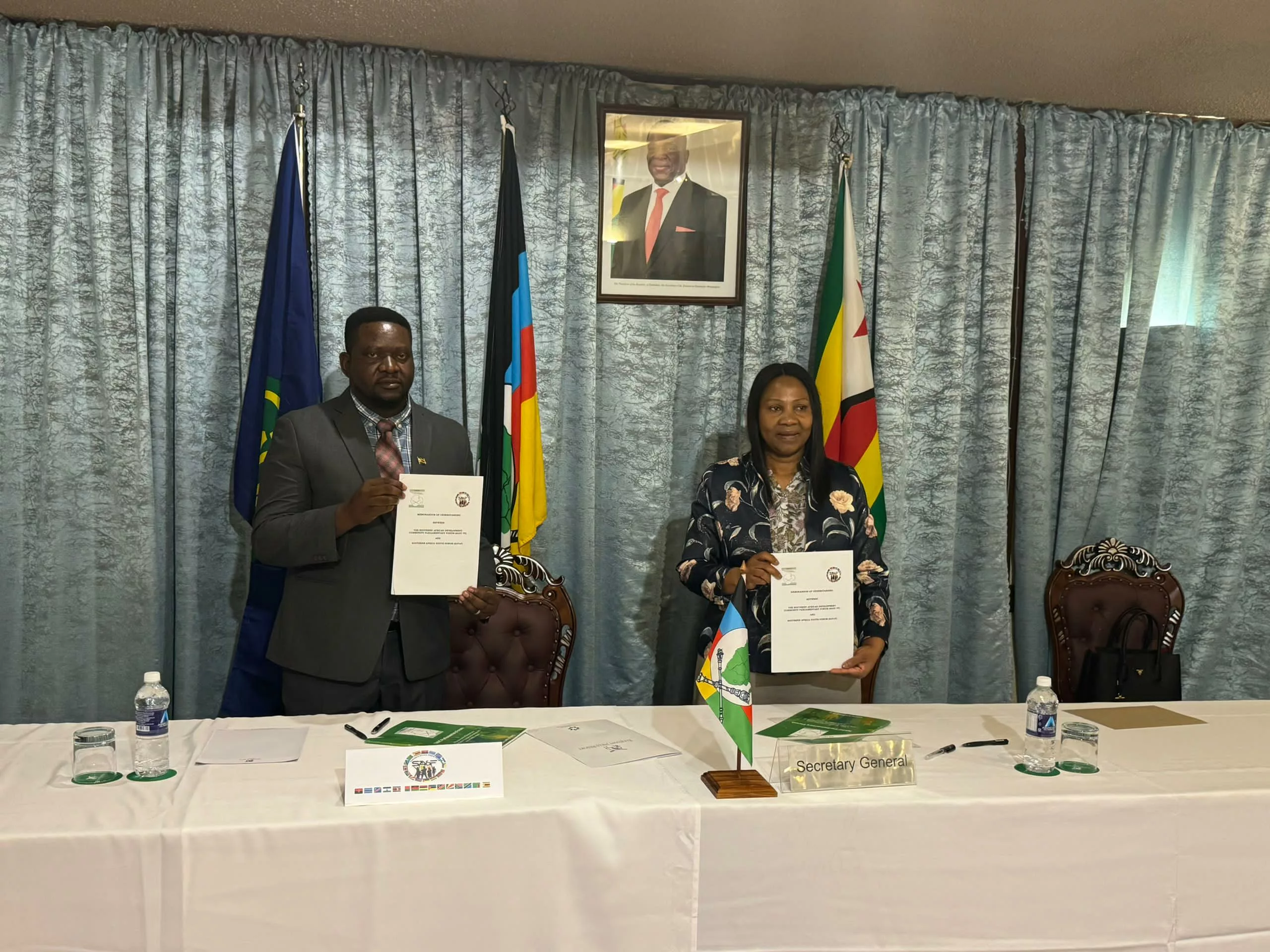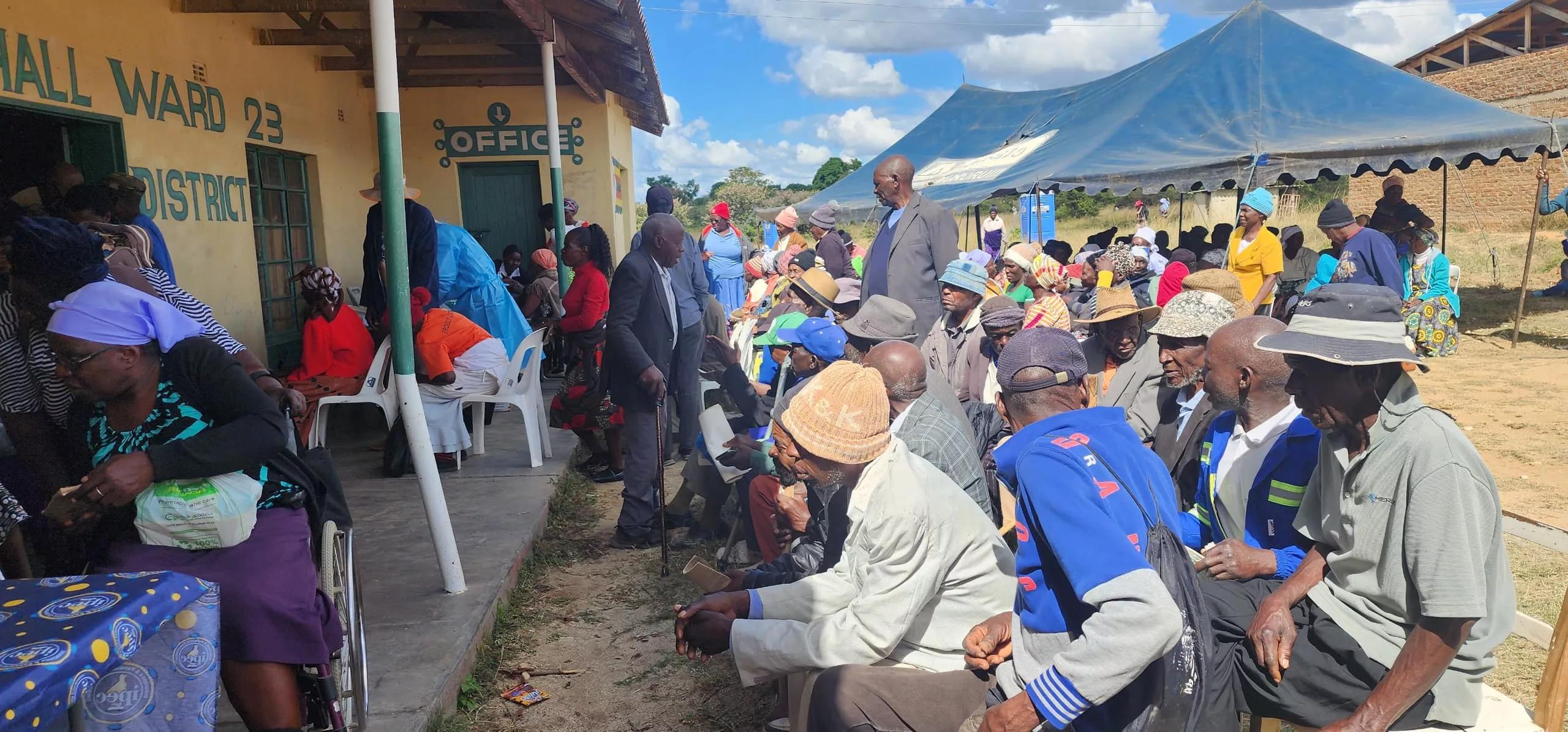On the 22nd of September 2020, the UNDP Regional Bureau for Africa, released a special edition of an online magazine showcasing how 50 young Africans are resourcefully helping fight the COVID19 Pandemic. The magazine – dubbed Africa Innovates, is timely as the world grapples with a response and recovery to a global pandemic.
Africa Innovates features 50, mainly young innovators who against all odds, and limited resources, are inventing diverse home-grown solutions that are proving essential in mitigating the effects of the pandemic on their communities. Two Zimbabwean innovators Edmund Maputi and Babusi Noni are part of the featured innovators.
Edmund is a practical engineer who has created a locally procured ventilator that is cheaper to produce, distribute and maintain than those sourced from outside the country. He created the ventilators based on the current shortage of the devices in the country’s medical institutions. The ventilator has passed initial tests at the University of Zimbabwe and is awaiting the procurement of medical grade parts which are needed for the second phase of trials.
Babusi Noni, a 32-year-old design – strategist, innovator, and Head of Product at Sila Health has developed an AI-powered chatbot, Sis – Joy. The chatbot enables lower to middle-class income individuals with limited access to healthcare and the internet to instantly obtain health care advice. With its integrated COVID19 module, people can input any COVID19 related symptoms that they might be experiencing and get insight into whether they should seek medical assistance or self- quarantine and monitor at home.
As COVID-19 continues to ravage the world, scant attention is being given to efforts Africans are making to stem the spread of the Coronavirus. The magazine seeks to contribute to a new narrative – one that showcases Africa’s potential and Africans breaking with a wait for solutions from the outside approach.
According to Ms. Ahunna Eziakonwa, Assistant Secretary General and Director, UNDP Regional Bureau for Africa, the untapped potential of Africa’s youth creates urgency in rethinking “the way to do development – a way in which the promise frames the approach, and not the problem.”
She states: “At UNDP, we believe in Africa’s promise. We are not on a problem-solving project. Rather, we are investing in Africa’s abilities and its inherent capacity, if harnessed, to create its own solutions. For this magazine, we found 50 African innovators who saw in COVID-19, the opportunity to solve today’s challenges, lending hope to a future of promise – not despair.”
The compilation – which is not exhaustive, was collated by the UNDP Africa Regional Representatives on recommendation from the communities in which they serve, as well as from industry insiders endorsement and research based on the following criteria: African-produced, innovative, game-changing, scalable, applicable, safe, impactful and can provide a long-term solution post COVID-19
The projects featured say it all – Africa can. From drones to robots; contact tracing apps to rapid and non-invasive testing kits, portable hands-free sanitation chambers to community hand-washing stations that also cater for those less able; oxygen-making machines to genome sequencing, AI-powered healthcare chatbots to online platforms providing health services to those suffering mental health problems triggered by effects of the pandemic – African is managing complexity in the world’s most denting pandemic – through home-grown solutions.
“We see each of these innovators as an important part of the web of hands rebuilding Africa forward: delivering solutions for a new Africa,” says Ms. Eziakonwa concluding:
“I hope that you will be as inspired as I am – and that you will join us in investing in Africa’s promise. Choose to believe in Africa – it is the future of development.”
Africa Innovates is one of the projects from UNDP Africa’s initiative – African Influencers For Development, (AI4Dev) – launched in September 2019 by a high-level panel, including the UN Deputy Secretary-General, Ms. Amina Mohamed, during the UN General Assembly.


